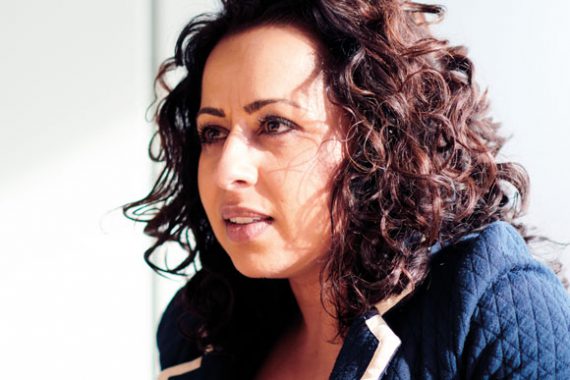GP practices should resume routine work only if it can be done ‘safely’, NHS England has said.
They should consider different ways of delivering care, such as through group video consultations across PCNs, NHS England’s medical director for primary care said.
GP leaders welcomed the flexibility but said that assessing the safety of services would be a ‘challenge’.
It comes as last week GPs were told to focus on hand hygiene and other basic infection prevention, following concerns about their safety as they resume routine work.
However, Dr Nikki Kanani told GPs in a webinar on Thursday night that safety should be ‘the priority’.
She said: ‘We encourage you to [bring back in routine work] but only if you can do that safely.
‘You might need to do that in a different way, so some of your long-term condition management might need to be done remotely [and] you might need to work more through your PCN functions. Some people have done group consultations through video.’
She added: ‘It’s really worth thinking about different ways of delivering care but keeping safety as the priority.’
Dr Kanani added that practices are now seeing increasing demand and will be ‘in a transition phase’ for ‘months’.
She said: ‘We’re all experiencing an increase in business in practice. It’s certainly back to pre-Covid levels, if not slightly higher.‘
East London GP and PCN clinical director Dr Farzana Hussain told Pulse that assessing the safety of routine work is a ‘challenge’ for practices on the ground.
She said: ‘I can’t blame NHS England but it is so deliberately wooly – when deemed ‘safe’ to do so. What does that mean?
‘I don’t think there’s an easy answer but it’s not safe – we don’t have a vaccine.’
Dr Hussain’s practice, the Project Surgery in Newham, has chosen to deliver all proactive routine work remotely unless it clinically requires face-to-face contact, she said.
She added: ‘We know that one in four of us are asymptomatic so we as the staff might be passing an infection on to somebody.
‘I’ve also got majority BAME staff in my practice and as an employer and a human being it’s my duty to protect my staff as much as the patients.’
However, she added that the flexibility to find the ‘best fit’ for the practice and its patients is welcome.
She said: ‘How to design that operationally on the ground is a challenge. So we’re making it up [and] I think it’s really good that we have the permission to do that.
‘I have a responsibility to my patients in the community and to my staff and we’re just doing best-fit workarounds. But there’s nothing uniform or standardised about that.’
And while ‘business as usual’ must continue, for many it ‘didn’t stop’, Dr Hussain added.
She said: ‘It’s going to be tough because Covid hasn’t gone away either.’
Previously, Dr Kanani encouraged GPs to come up with ‘creative’ solutions to keep up with ‘vital’ immunisations during the Covid-19 pandemic.
At the end of last month, GPs were advised to resume the delivery of ‘routine and preventative work’ including screening.
But following concerns over the safety of staff, NHS England said that GPs should continue to follow current PPE guidance – while avoiding an ‘over-reliance’ on protective equipment.
GPs were also told to continue making routine referrals to secondary care, although referrals are still being rejected by secondary care providers in many areas.
Meanwhile, recent data has shown that GP referrals to secondary care were down by nearly a third in March.
Pulse October survey
Take our July 2025 survey to potentially win £1.000 worth of tokens













